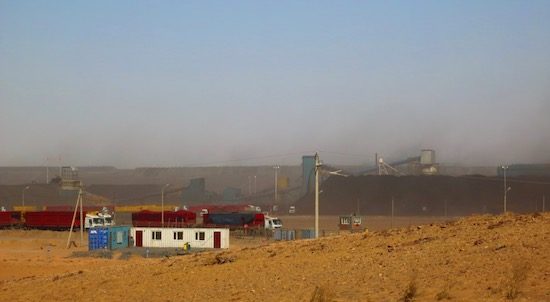Accountability Counsel, C20 Call on G20 to Improve Access to Remedy in Infrastructure Development Projects

In anticipation of the upcoming G20 meetings in Argentina, Accountability Counsel has been collaborating with civil society partners as part of the C20 coalition around the impacts of investment and infrastructure on human rights. The C20 Investment and Infrastructure working group has released a statement calling on G20 countries to approach infrastructure development finance in a manner that respects the voices and human rights of the communities affected by these projects. While recognizing that building sound infrastructure remains vital to economic development, the statement presses the G20 to protect the human rights of local communities, and ensure that funding flows do not contribute to climate change. It notes several points of concern with the G20’s current approach to infrastructure funding, including the group’s turn toward private finance would decrease the oversight, transparency, and accountability surrounding such projects; threaten to channel funds away from communities in most desperate need of improved infrastructure; and enable states to avoid discussions on how they can increase sorely-needed public sector funding for infrastructure development.
The statement also offers a set of recommendations that could help G20 countries confront these challenges. This includes assessing which financial instruments would be best suited for a particular operation, rather than assuming that private financing should serve as the default, as well as prioritizing “social infrastructure” initiatives, such as the construction of schools and hospitals. Importantly, the statement also underscores the need for the G20 to promote radical improvements to transparency and accountability.
Through the efforts of our Policy team, Accountability Counsel contributed to the drafting of the statement, emphasizing the need for the G20 to prioritize access to remedy in infrastructure development. The recommendations concluded with a call for actors involved in financing infrastructure to adopt judicial and non-judicial grievance mechanisms in line with the UN Guiding Principles on Business and Human Rights and OECD Guidelines on Multinational Enterprises, ensuring that affected communities have a forum to seek accountability and remedy for business-related human rights abuses. We hope that the meetings in Argentina result in a strong commitment to responsible infrastructure financing, including assurances of access to remedy for adversely impacted communities.

